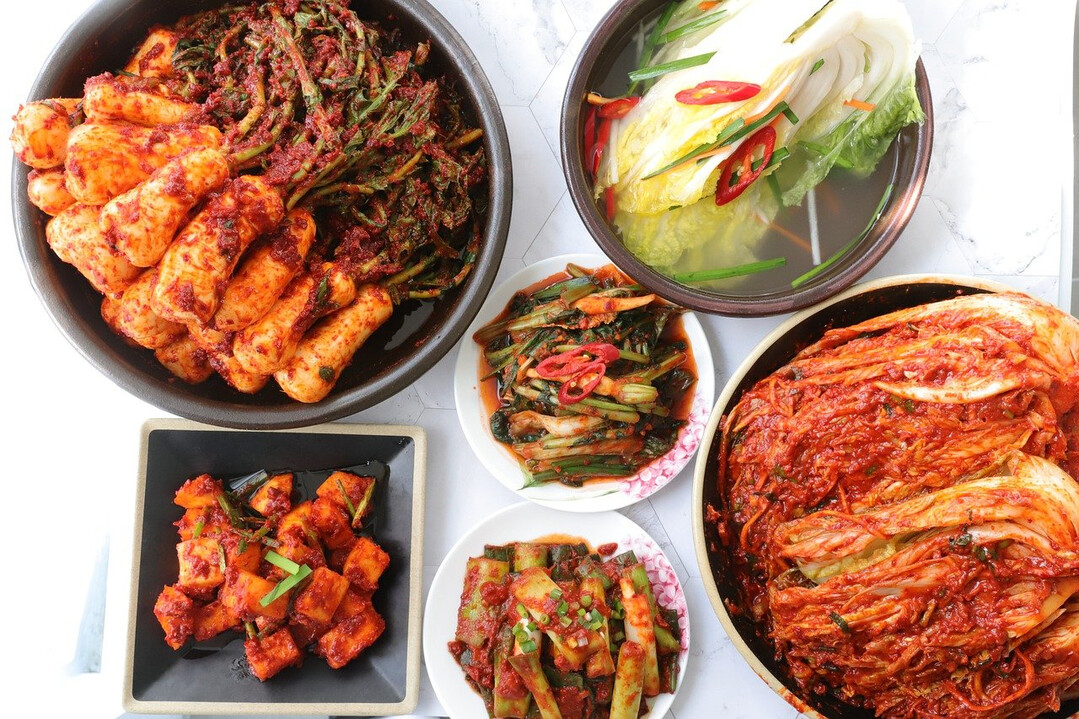
Seoul, South Korea – Kimchi, Korea’s iconic fermented cabbage dish, is experiencing a surge in global popularity, with exports reaching record highs this year. While countries around the world are celebrating Kimchi Day and recognizing its cultural significance, China continues to make unfounded claims about the origins of kimchi.
According to the Ministry of Agriculture, Food and Rural Affairs and the Korea Agro-Fisheries Trade Corporation (aT), South Korea's kimchi exports from January to October this year amounted to $134.7 million, a 3.1% increase compared to the same period last year. This marks the second-highest figure on record, following the previous year's total of $136.12 million.
The volume of exports also increased by 4.2% to 38,659 tons during the same period. The strong performance is attributed to the rising global demand for healthy and immune-boosting foods, particularly during the COVID-19 pandemic.
To promote kimchi and its cultural significance, South Korea established November 22 as "Kimchi Day" in 2020. The date was chosen to symbolize the 11 ingredients used to make kimchi and the over 22 health benefits associated with it.
Global recognition
Following South Korea's lead, several countries and regions have designated their own Kimchi Days. As of now, 15 regions across four countries, including the United States, Brazil, Argentina, and the United Kingdom, have officially recognized the day. In the United States, 12 states have declared Kimchi Day since California was the first to do so in August 2021.
Cultural appropriation claims
Despite the growing global popularity of kimchi, China continues to make unfounded claims about its origins. Chinese netizens frequently post content on social media platforms, falsely asserting that kimchi originated in China.
Professor Seo Kyung-duk of Sungshin Women's University has been actively addressing these claims. He recently pointed out that Chinese internet users have been using hashtags like #kimchi and #China to promote the narrative that kimchi is a Chinese food.
"China's efforts to appropriate Korean culture, including kimchi, under the guise of the 'kimchi project,' continue unabated," said Professor Seo. "Chinese netizens should learn to respect the cultures of other countries."
Government support
The South Korean government is actively supporting the kimchi industry and promoting its cultural significance worldwide. Minister Song Mi-young of the Ministry of Agriculture, Food and Rural Affairs emphasized the government's commitment to fostering the sustainable growth of the kimchi industry and promoting Korea's sharing culture through kimchi.
As the global demand for kimchi continues to grow, South Korea faces the challenge of protecting its cultural heritage and combating misinformation spread by China.
[Copyright (c) Global Economic Times. All Rights Reserved.]






























